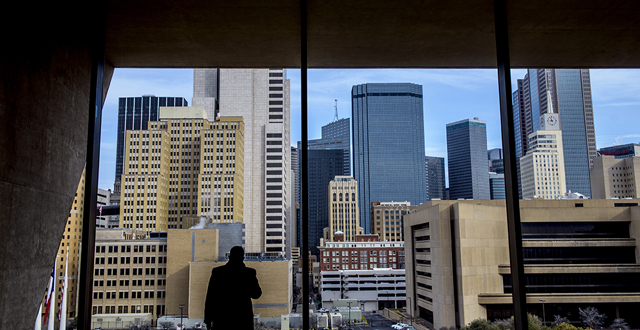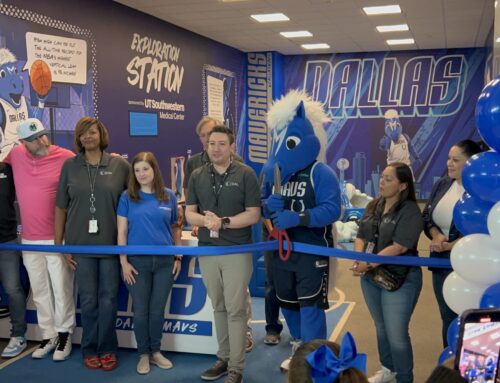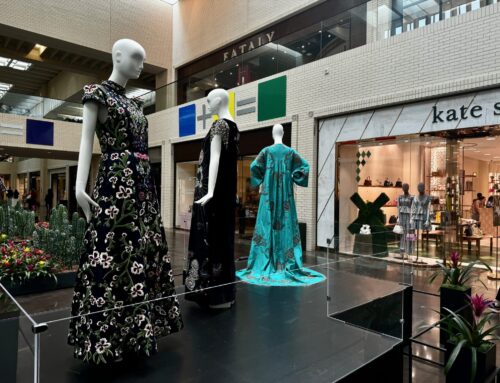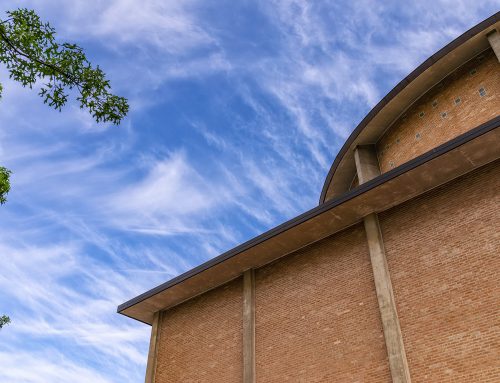As developers try to sell their proposal for the northwest corner of Forest and Inwood, it’s a good time to take a look back at the history of zoning battles at that intersection.
Just seven years ago, the Daniel family planned to sell the same 30-acre tract to Jesuit College Preparatory School, who wanted to build a mixed-use development with retail, apartments and athletic fields. The economy tanked, and a zoning application never made it to City Hall.
It was almost identical to today’s proposal, only this time, the Daniel family isn’t selling the property. They are working with Jesuit, Regency Centers and Greystar Real Estate on the idea to demolish the 208-unit Forestwood Townhouse Community for 85,000 square feet of retail and restaurants (including a grocer) and up to 350 new apartments and townhomes. The plan also includes two athletic fields and a parking lot for Jesuit. Some details were presented at a recent neighborhood meeting, but many important questions went unanswered.
More recently on the east side of Inwood, in 2011, neighbors squashed a re-zoning proposal that would have allowed a Murphy USA gas station on the Lowe’s Home Improvement property. This past year, three restaurants opened in a newly constructed retail strip there, an addition the neighborhood has welcomed.
But for the real drama, you have to go back 20 years, to when the Lowe’s site was nothing more than an abandoned Kmart. Dallas Morning News archives recount the saga from beginning to end — from the initial proposal for an 18-screen Cinemark megatheater to the resulting lawsuits that cost taxpayers $5 million.
Zoning appeared to allow the construction of a theater on that site, but homeowners challenged it. The opposition was so fierce, that the city council brought the issue to a vote in January 1994 and denied the proposal 8-7, against the advice of the city attorney. Cinemark sued.
Snappy newspaper headlines include columnist Steve Blow’s piece, “Theater of the absurd hits the big screen,” and two editorials criticizing the neighborhood opposition, “Council’s foolish decision costs taxpayers,” and published the following year, “Tinseltown: A rejected project still haunts Dallas.”
The lawsuits settled out of court, but the most interesting Morning News article, from April 1996, is titled, “Tinseltown drama fit for Hollywood – Players tell twists that might have filled trial.” It brings to light accusations of hidden motives, vote-trading and other conflicts of interest.
Cinemark’s attorney is quoted as saying that the end vote, “constituted an abuse of power that has no parallel in the city of Dallas.” Incoming Mayor Ron Kirk agreed that the city “made the wrong call” in balancing the needs of the neighborhoods and businesses.
Neighbors argued that such a high-profile project would bring too much regional traffic into the neighborhood and that, if an elected official can’t rightfully revise a zoning case, “that will be the time to turn the keys to the city over to the developers,” as one neighbor writes in a letter to the editor.
Two years later, a zoning change easily approved the Lowe’s we see there today, which nearby residents believed to be a more neighborhood-friendly development. Cinemark built a theater a few miles west at Webb Chapel and Forest.







